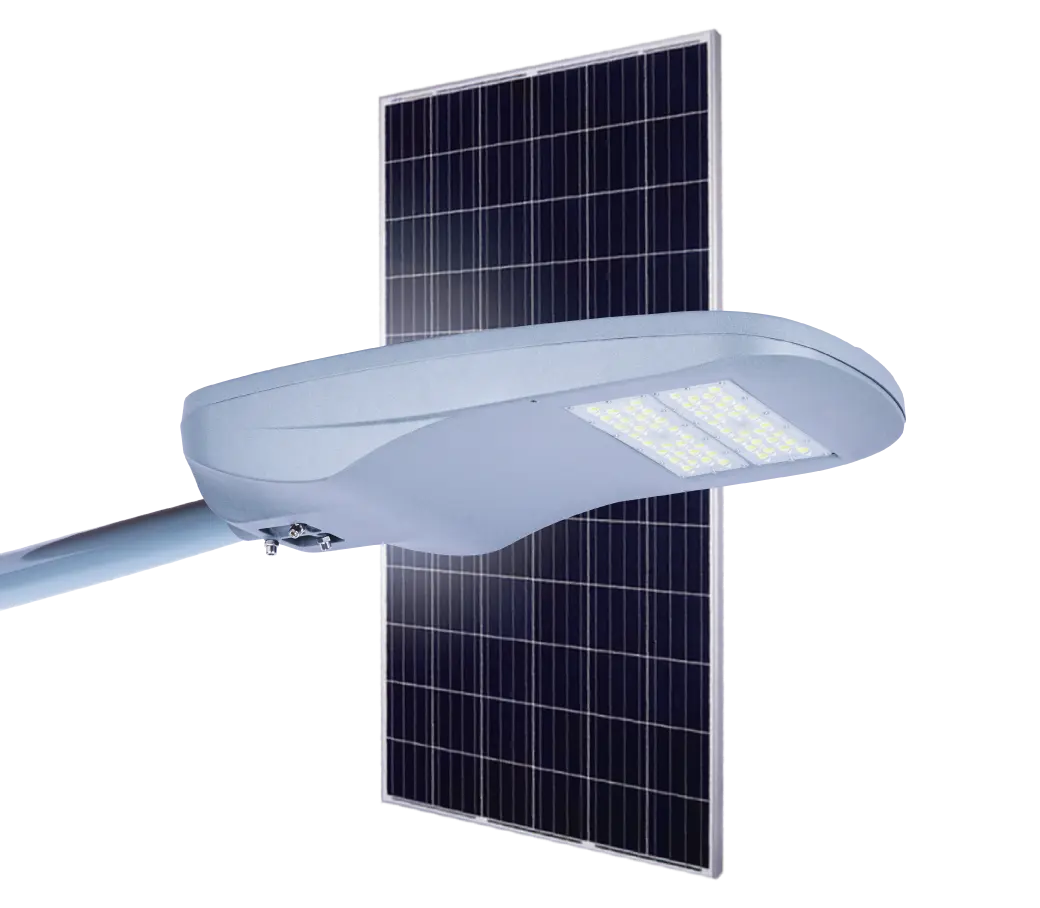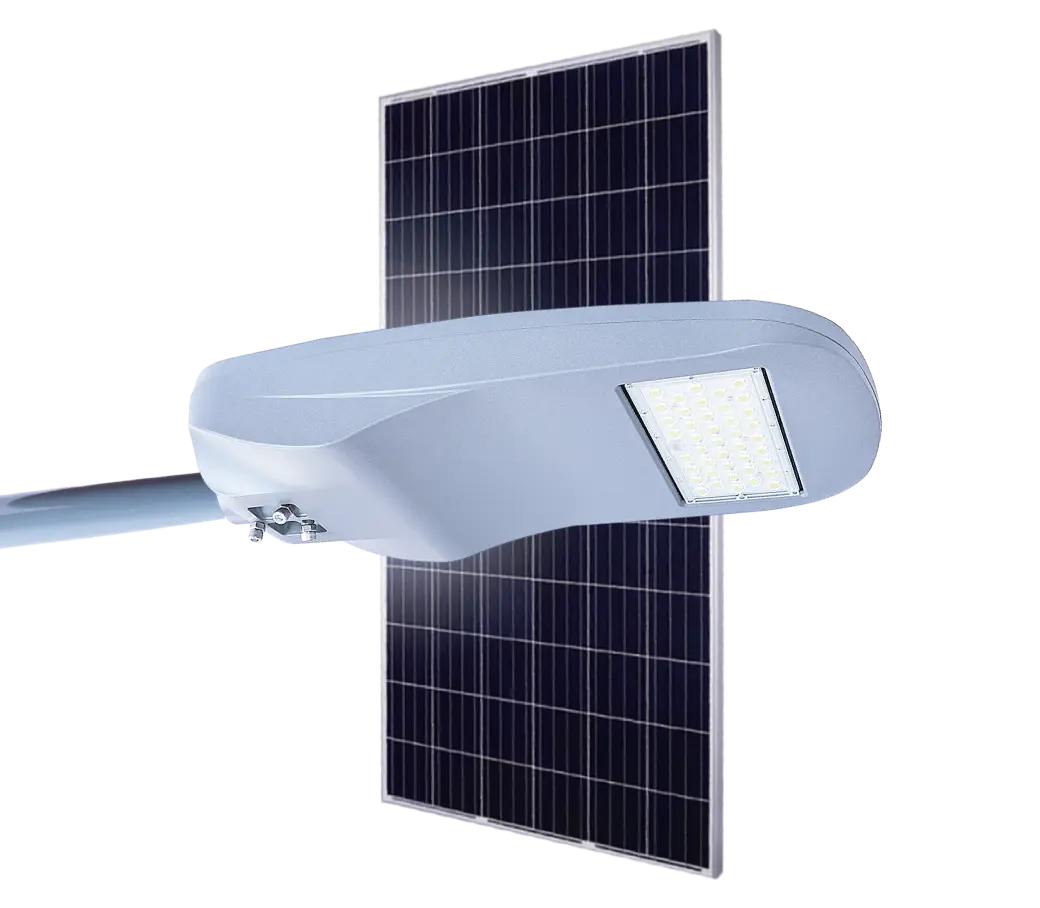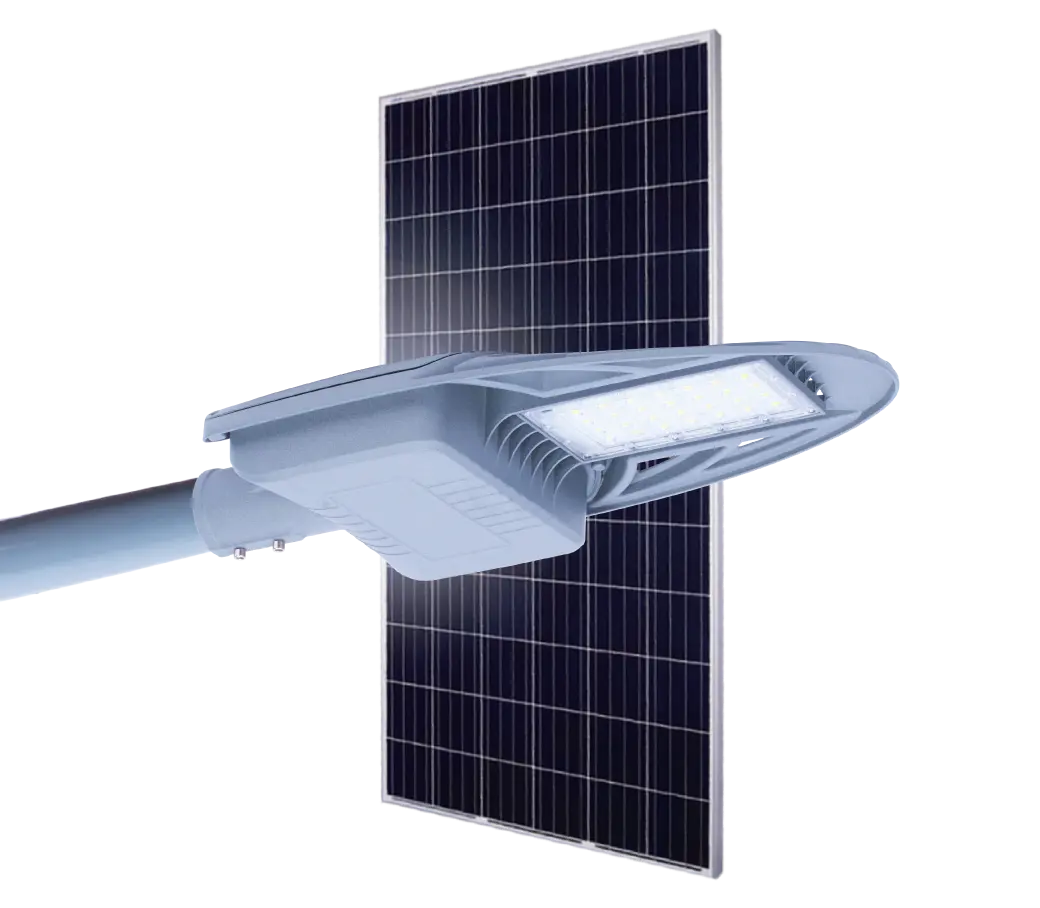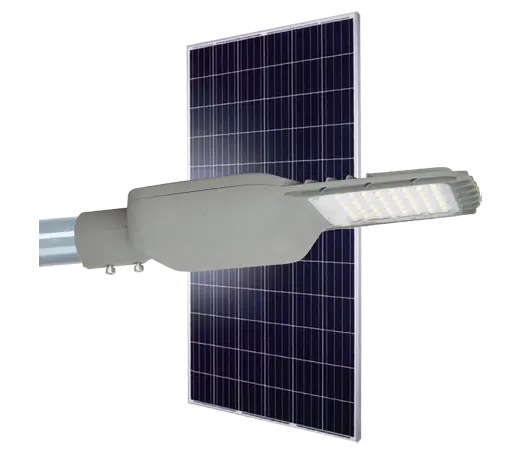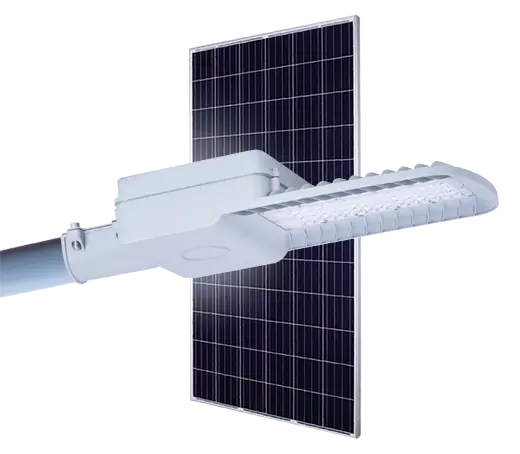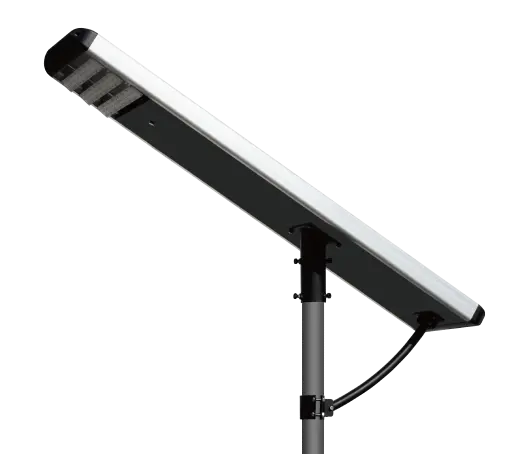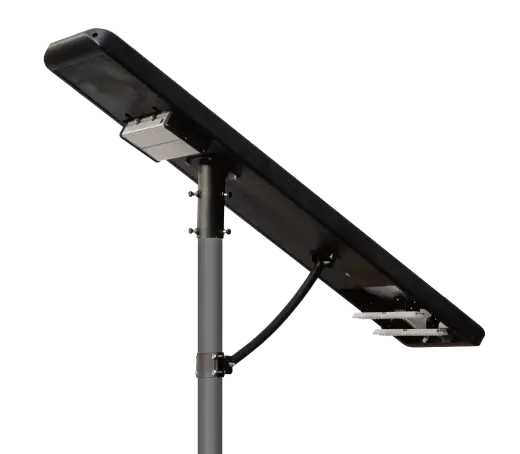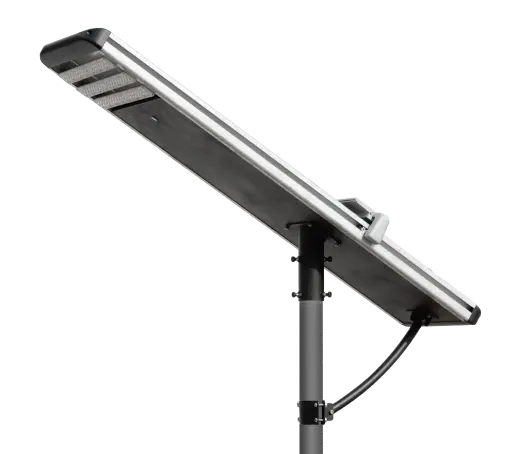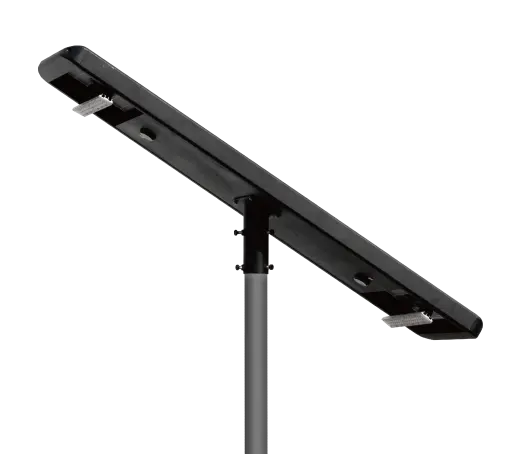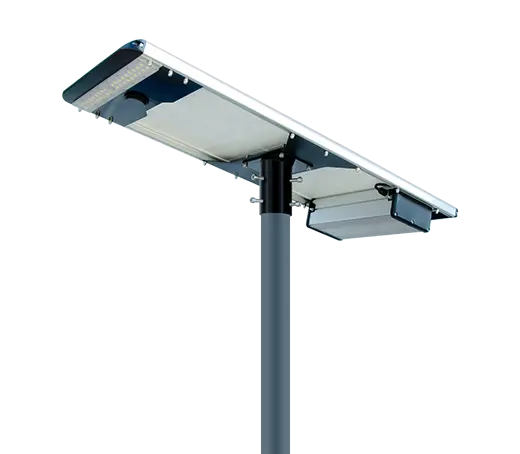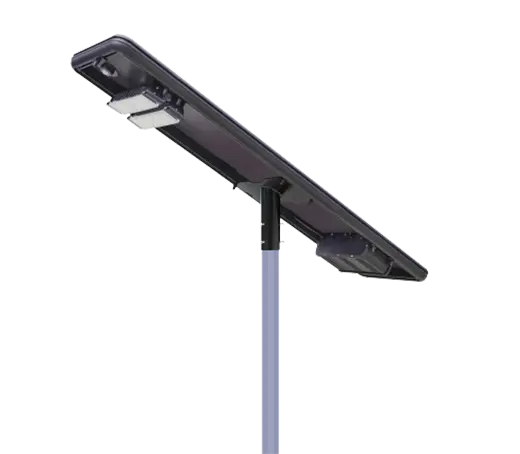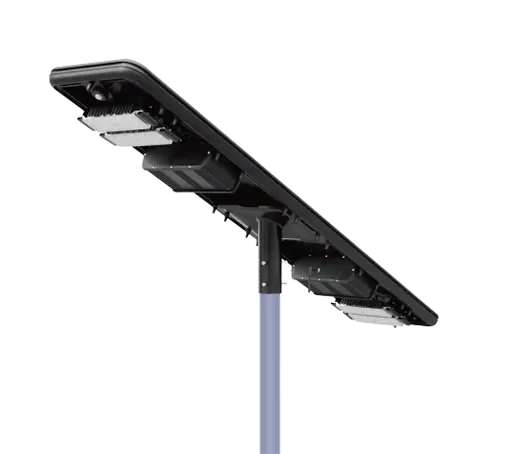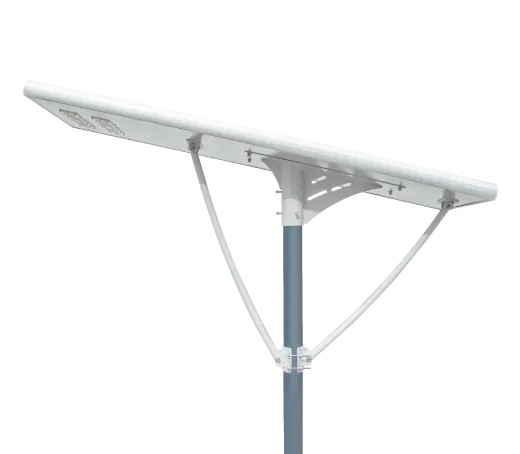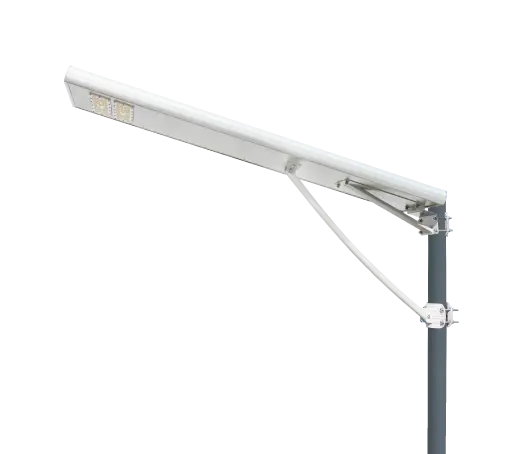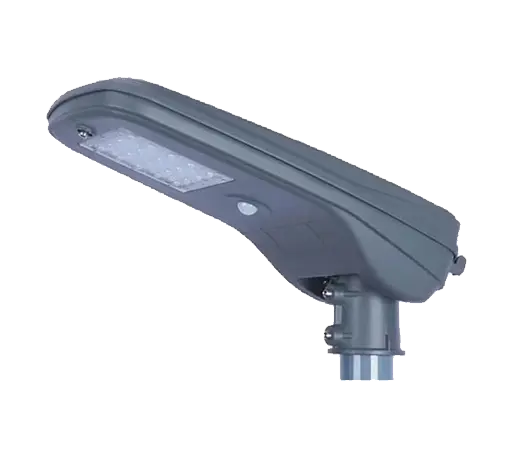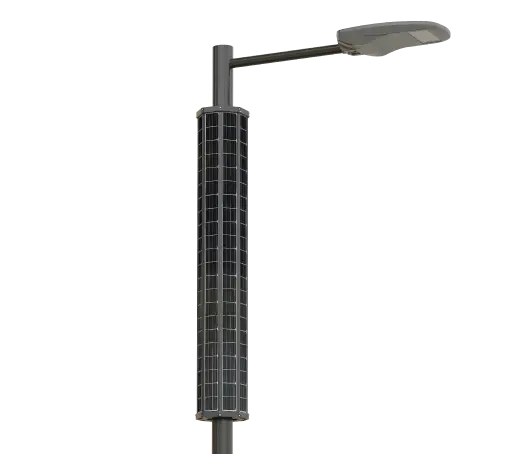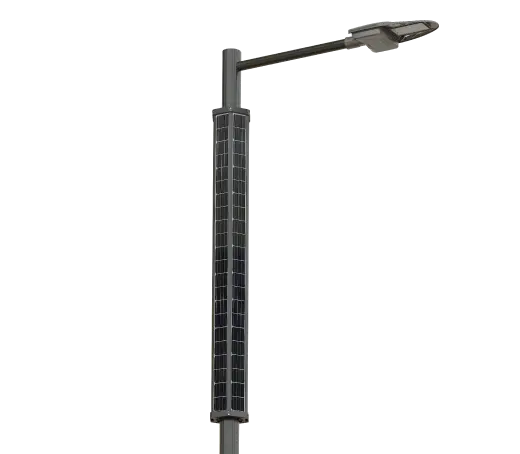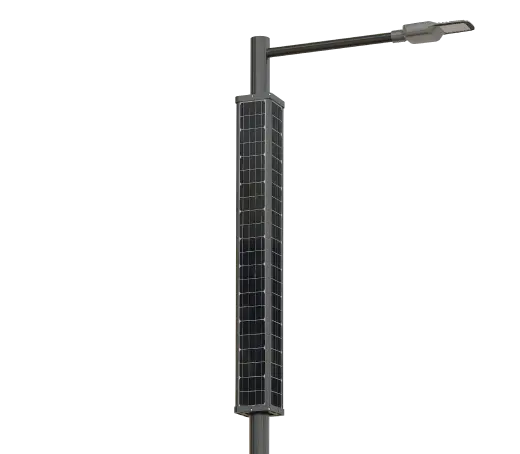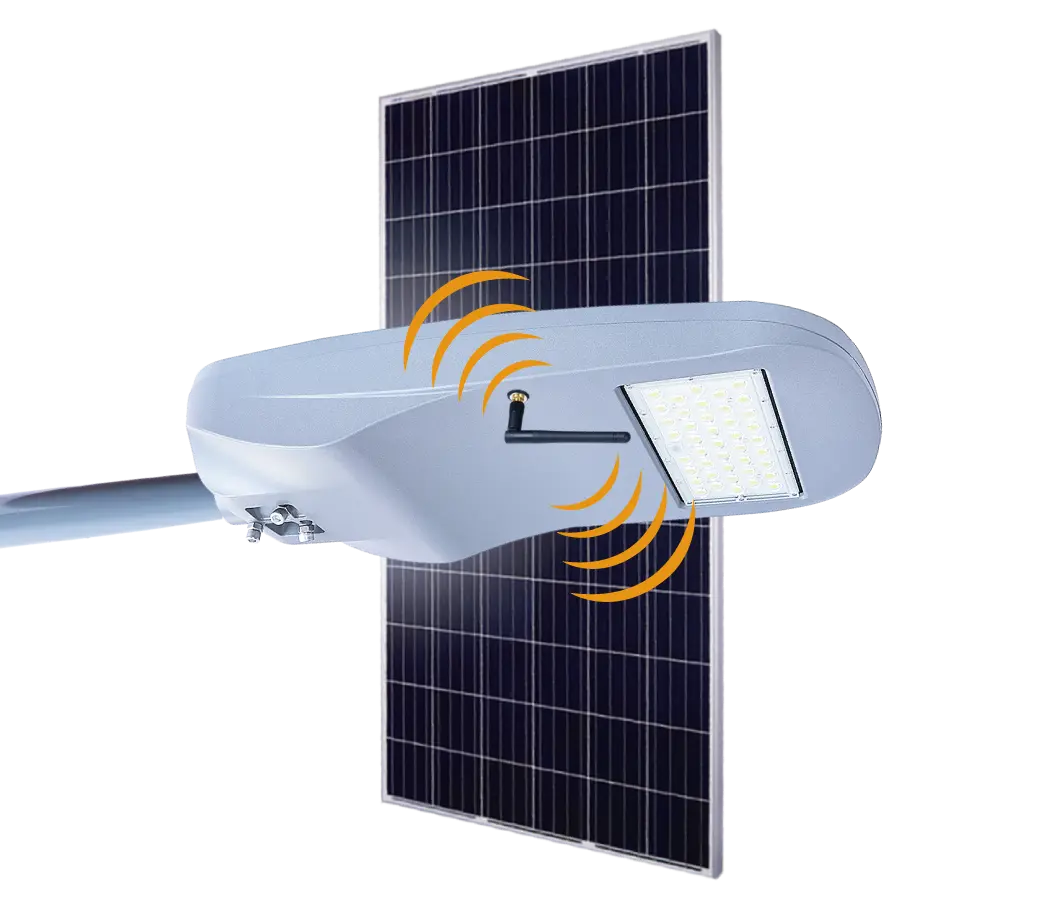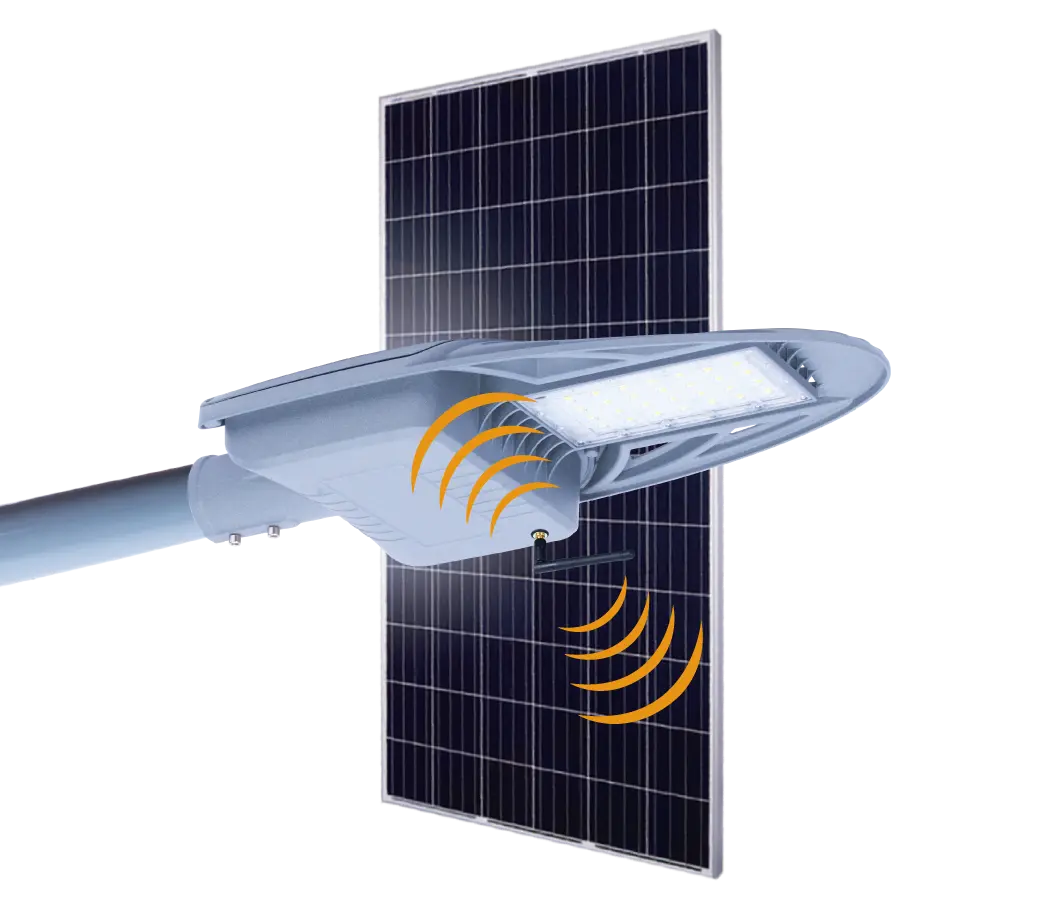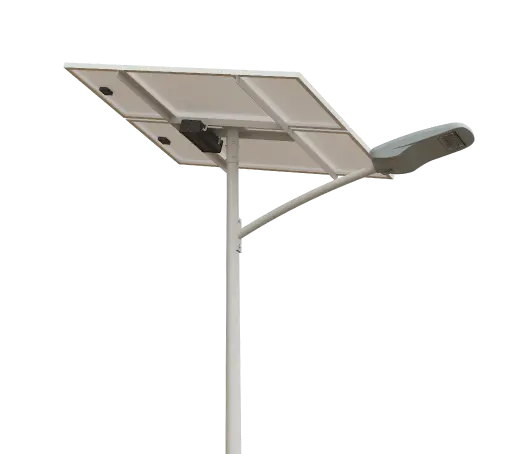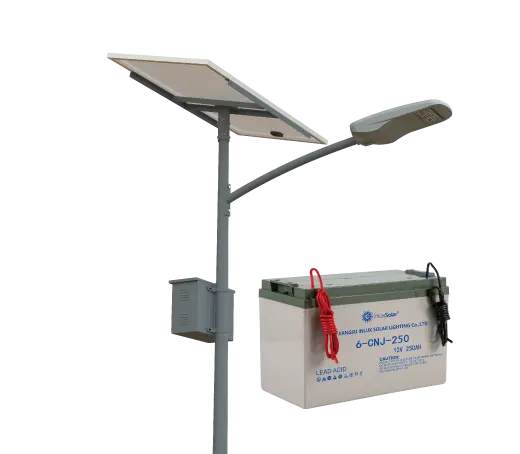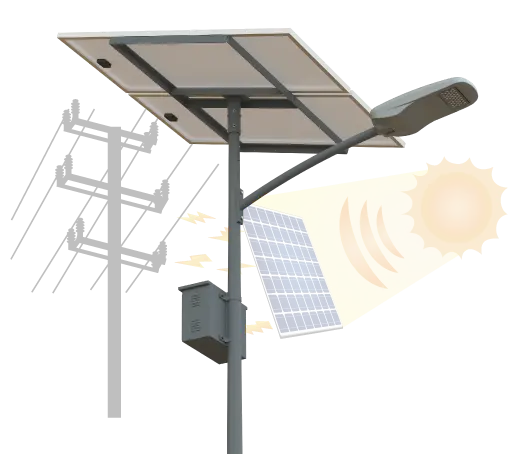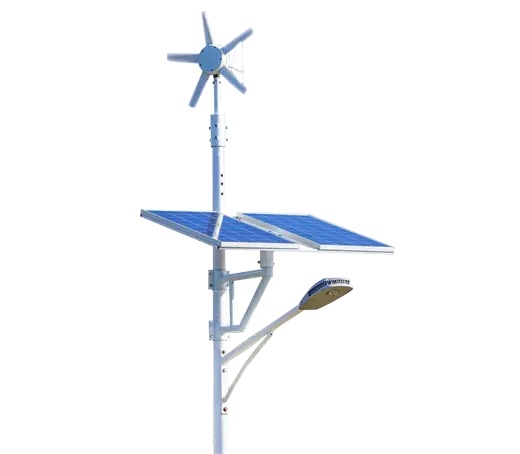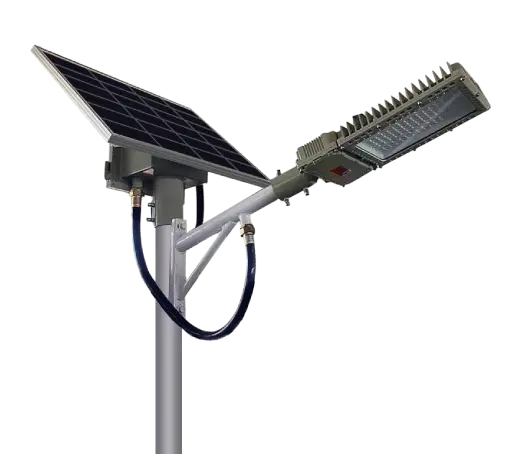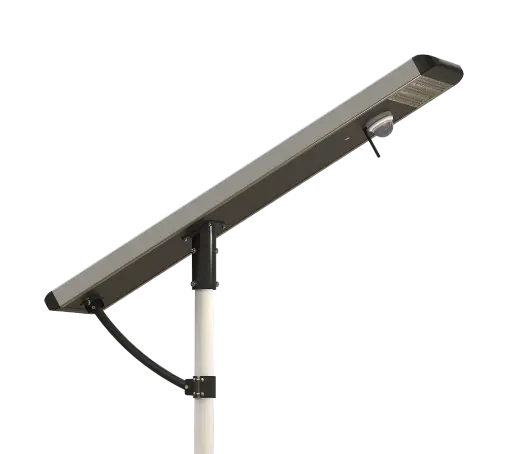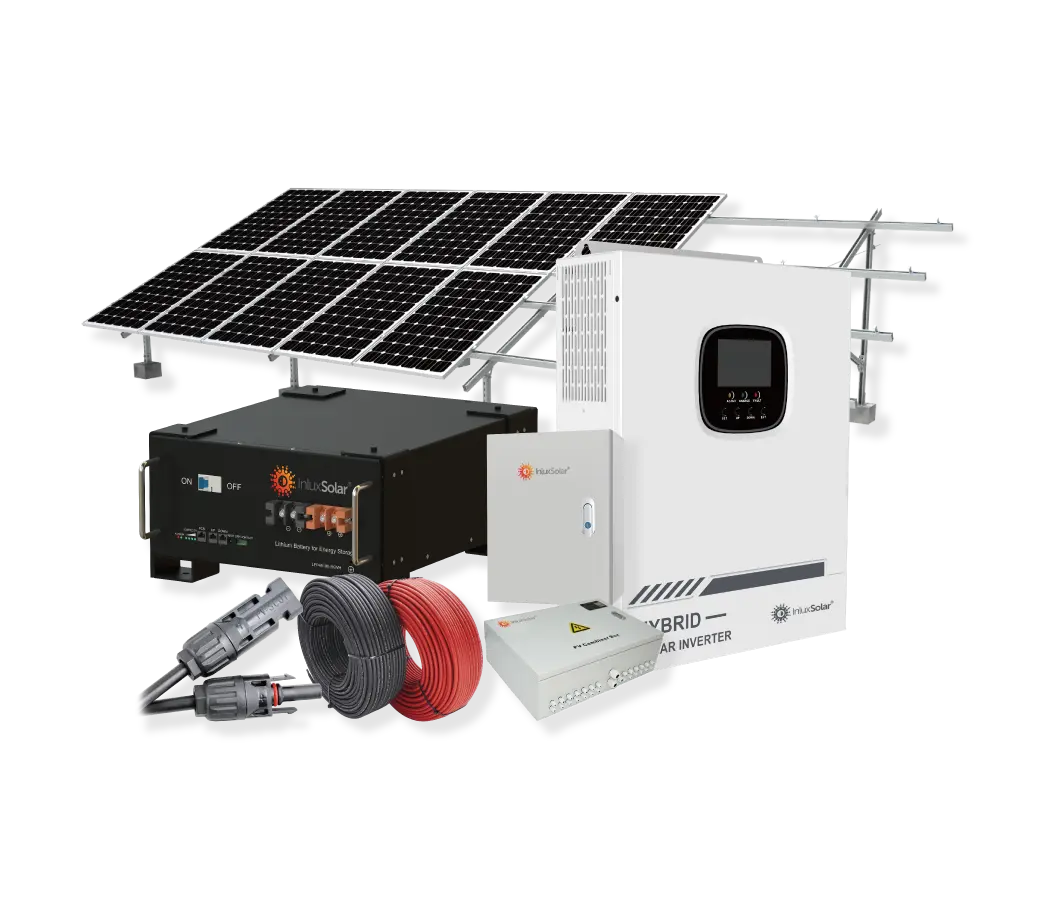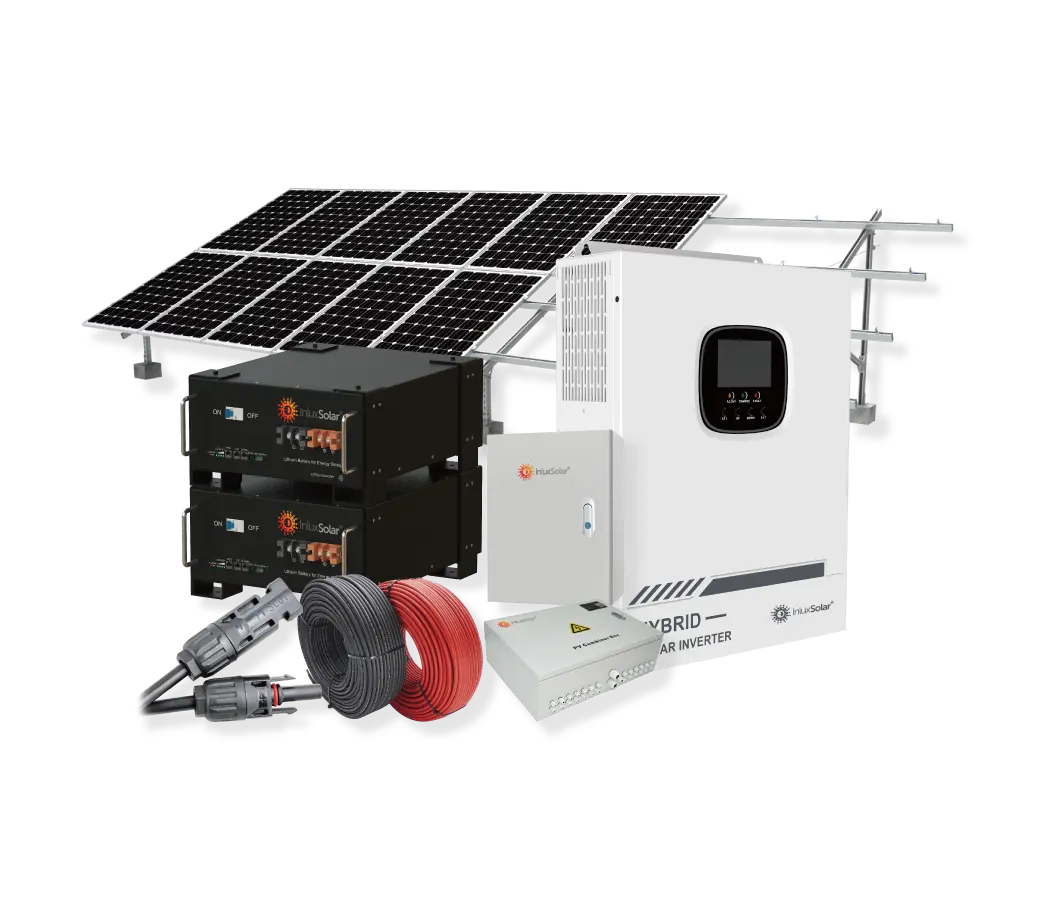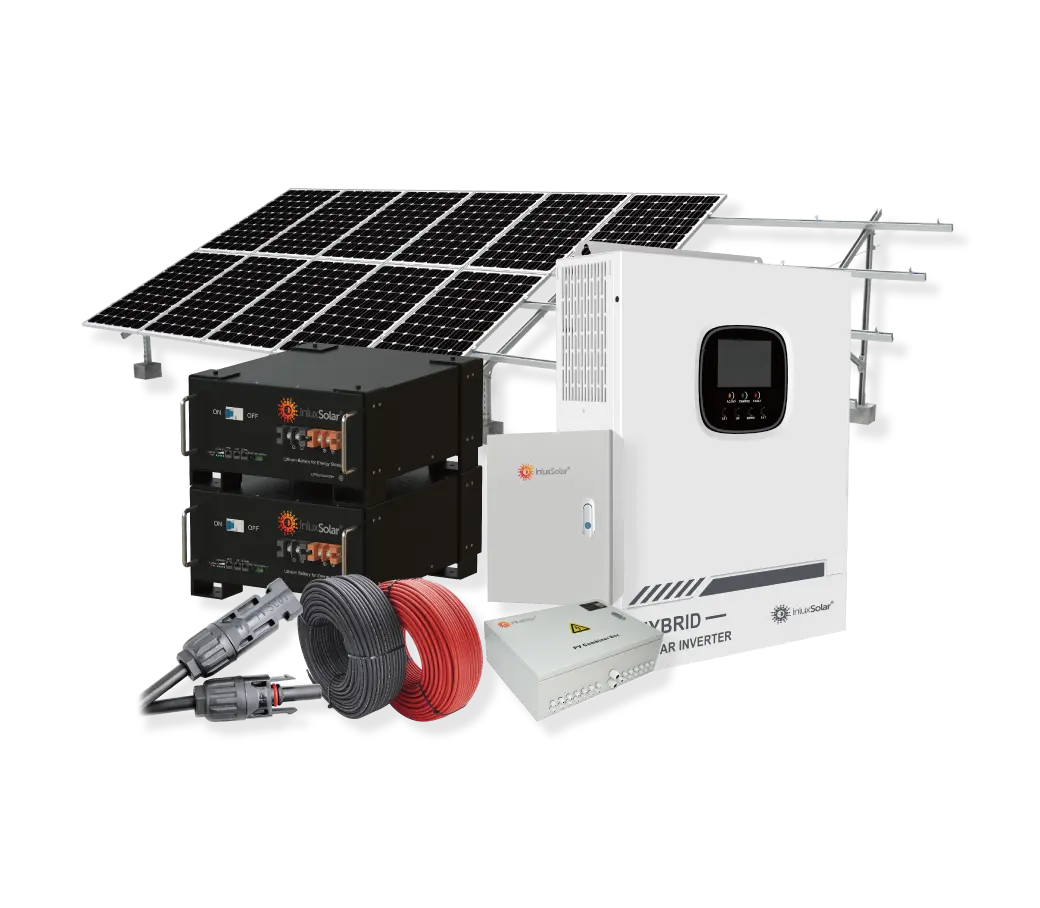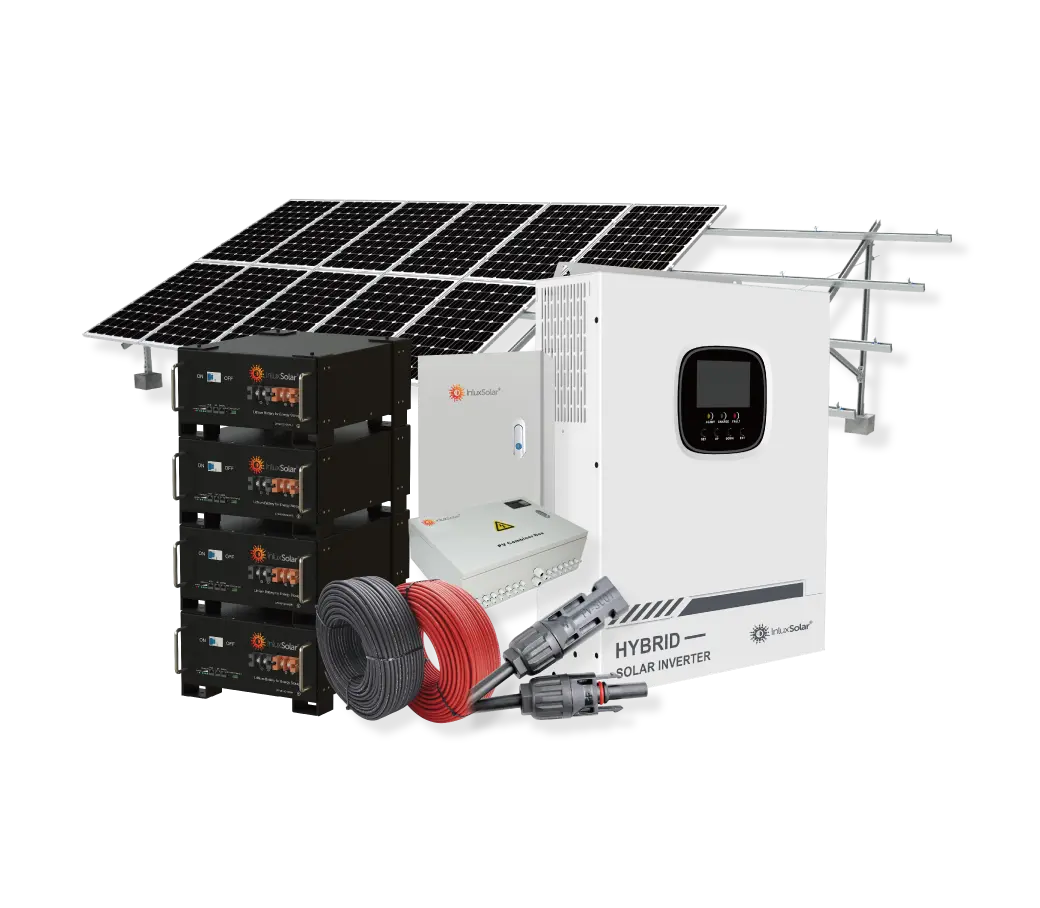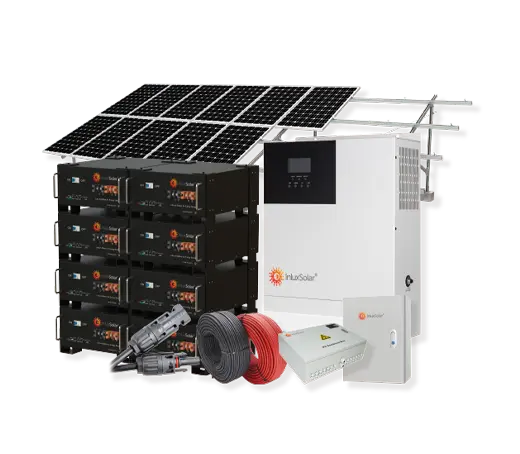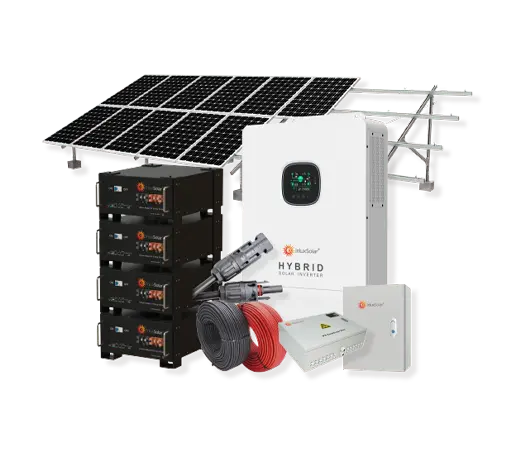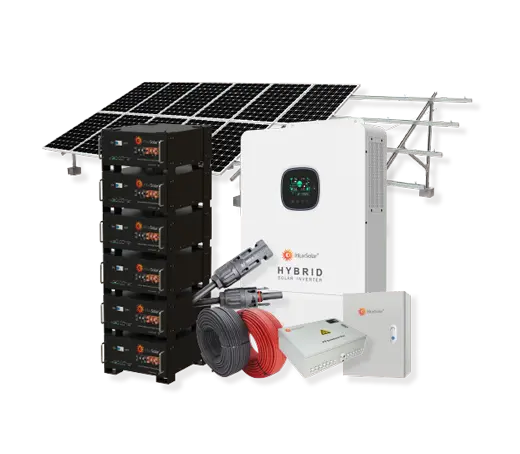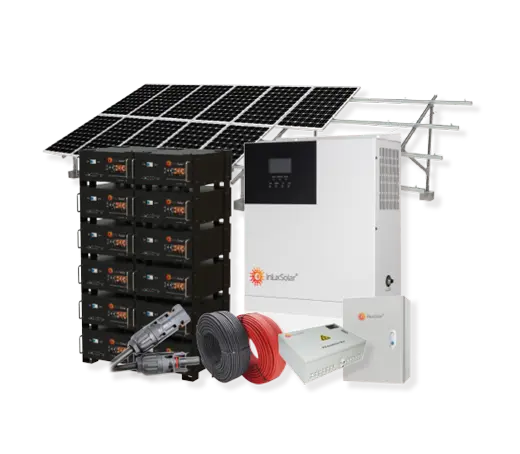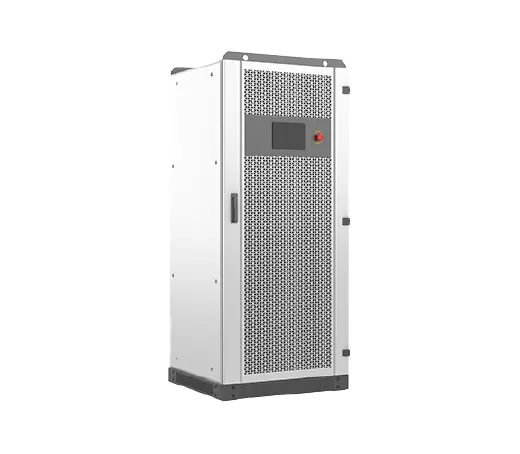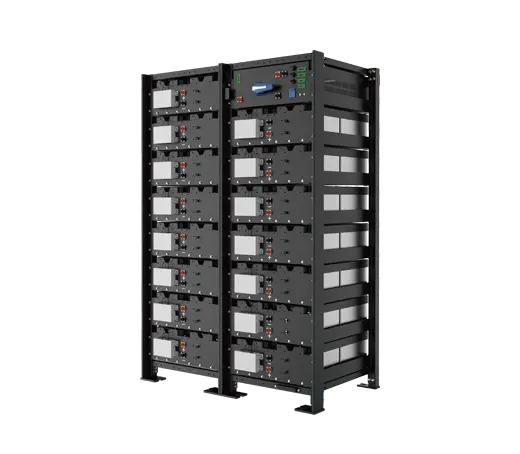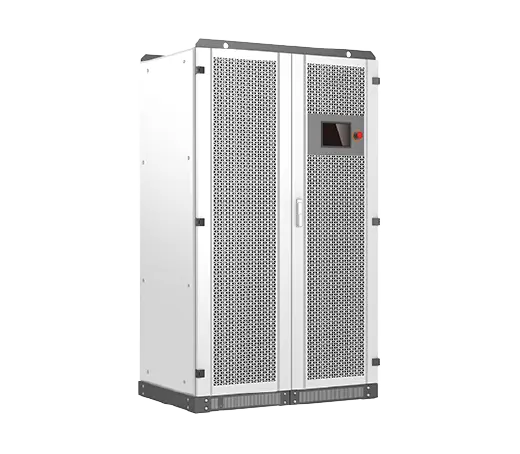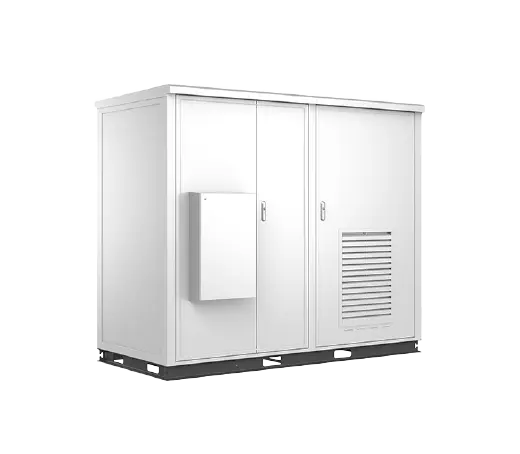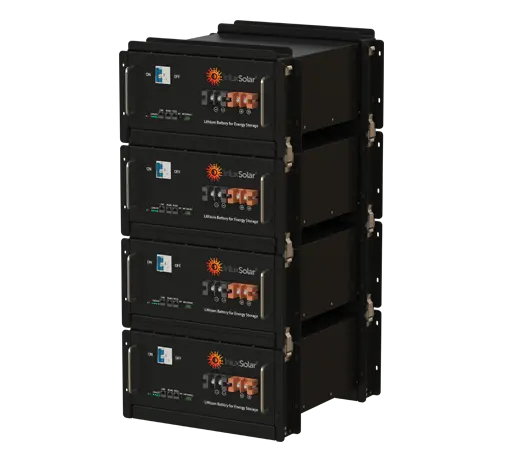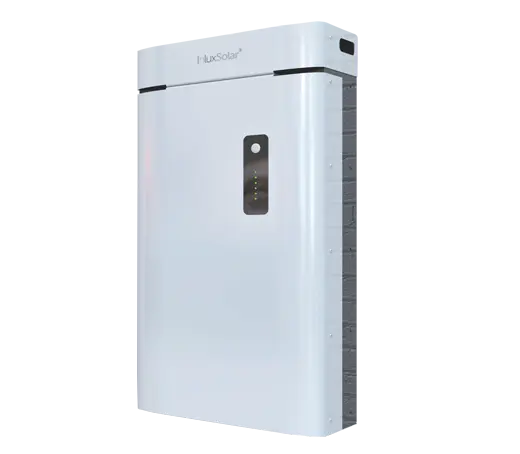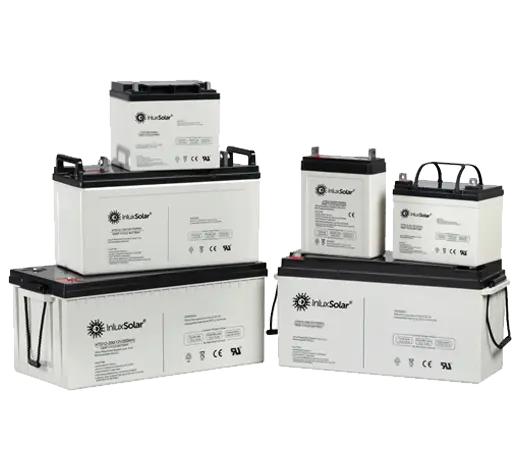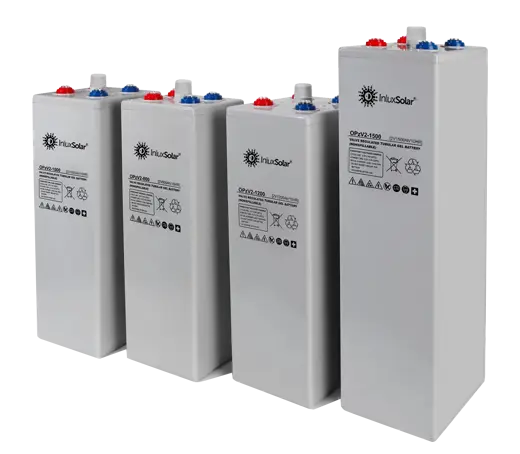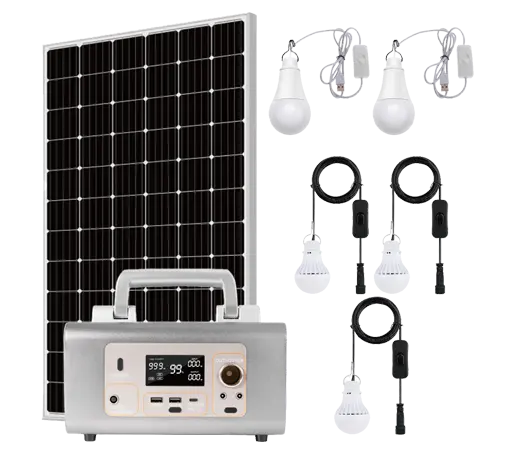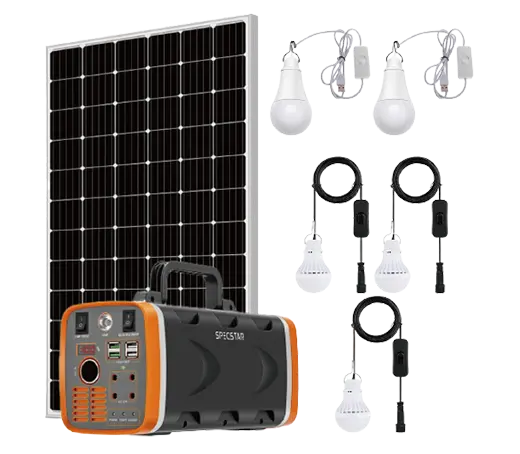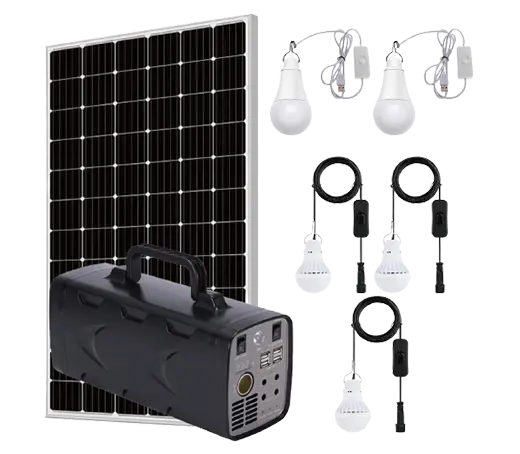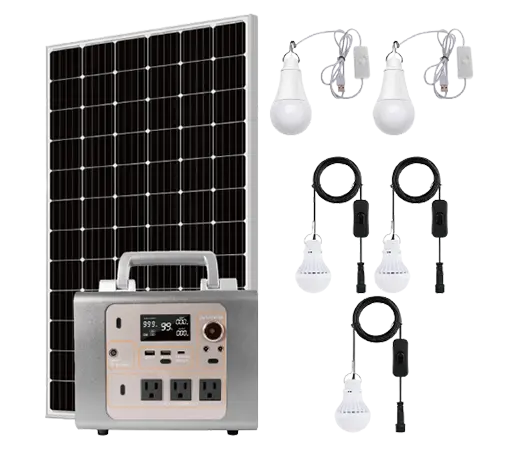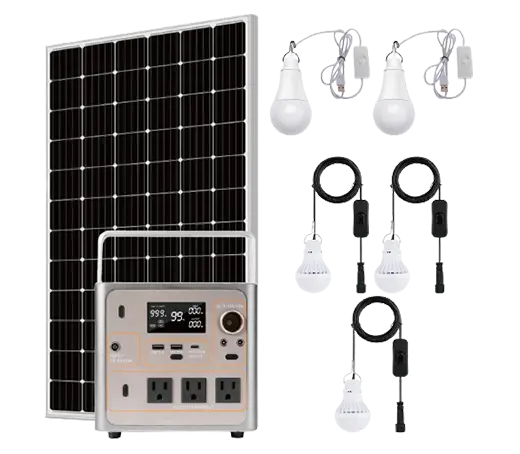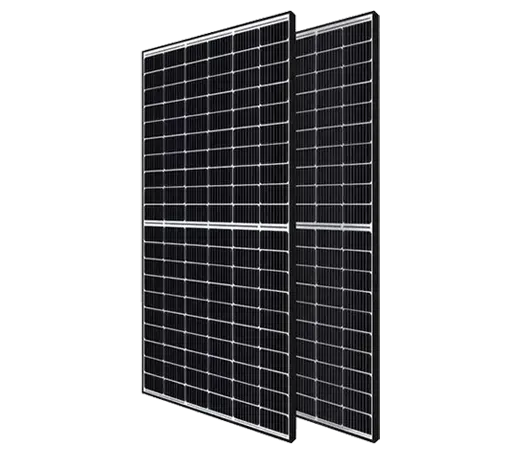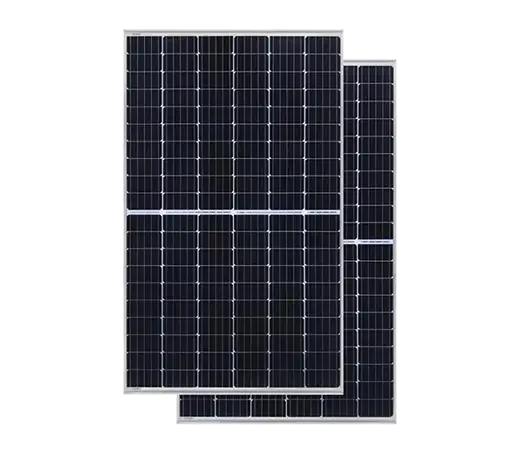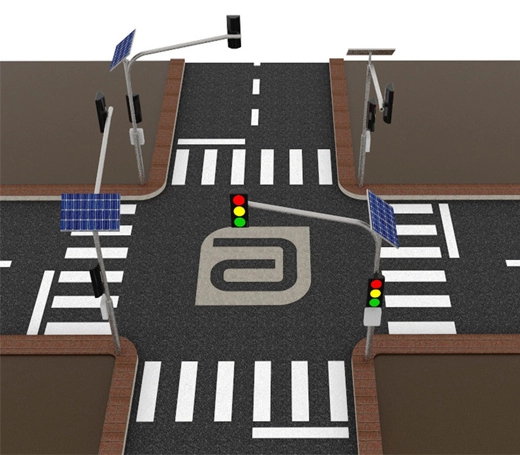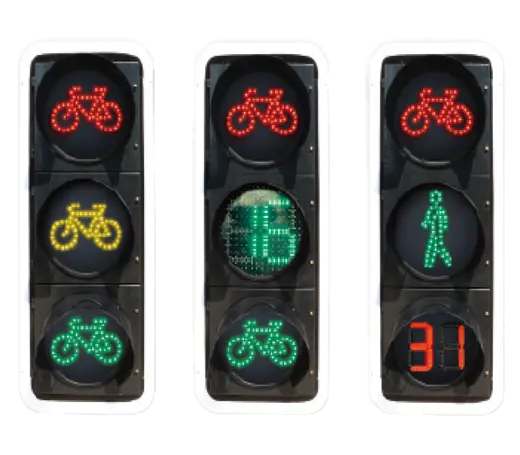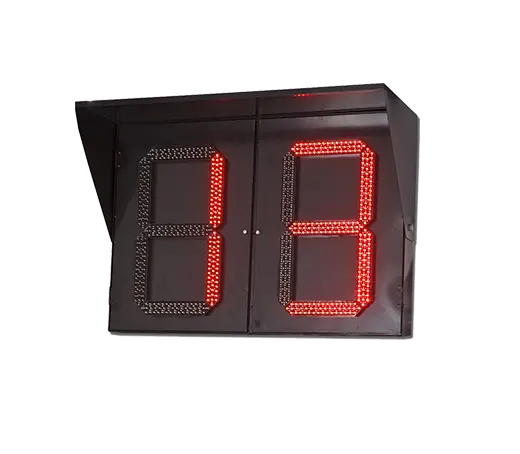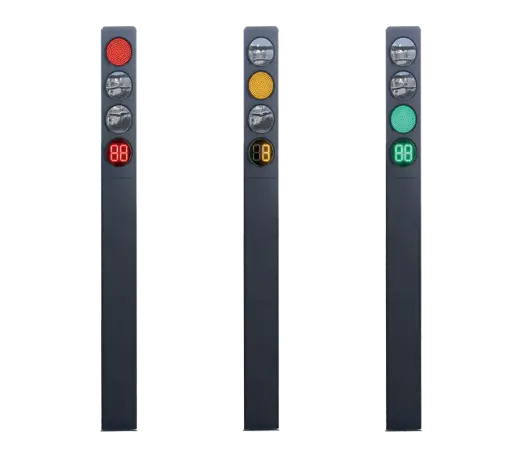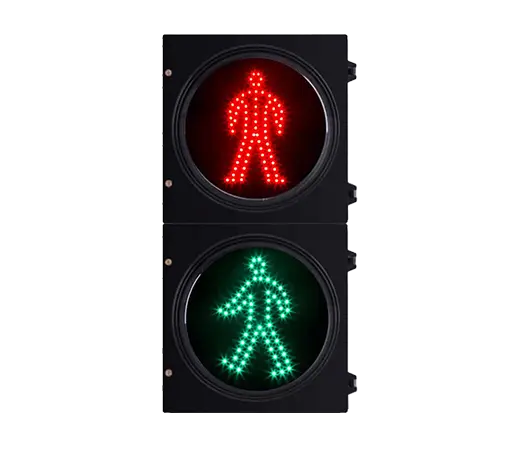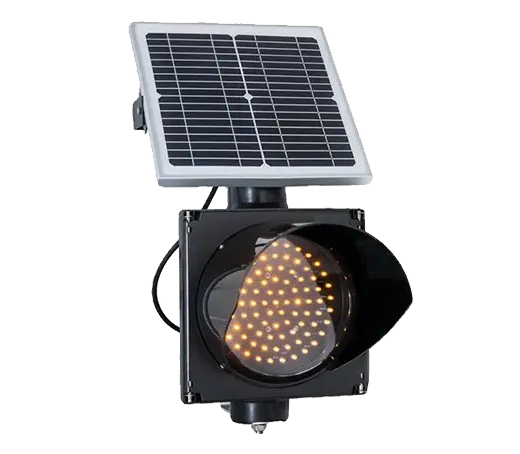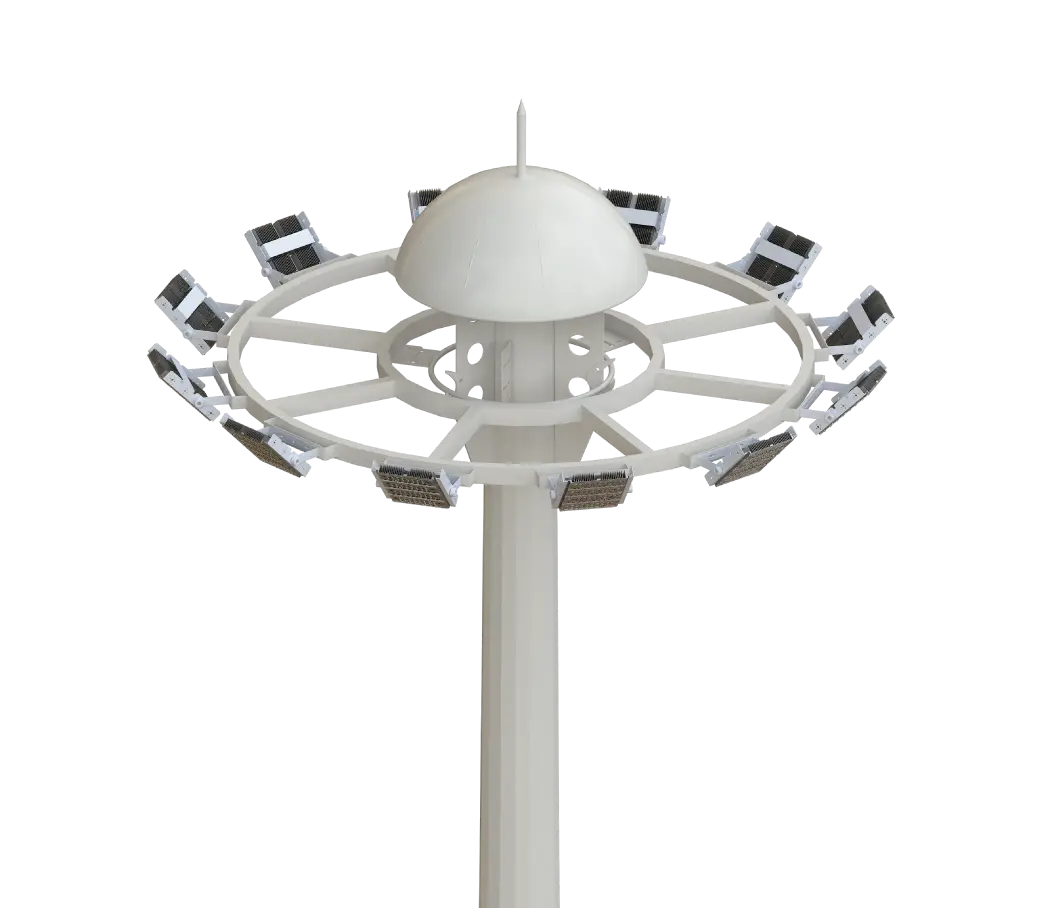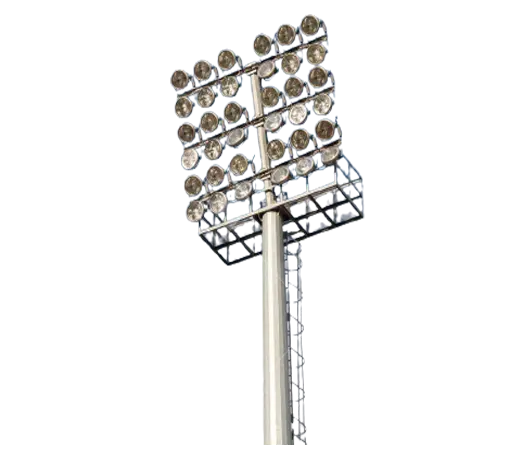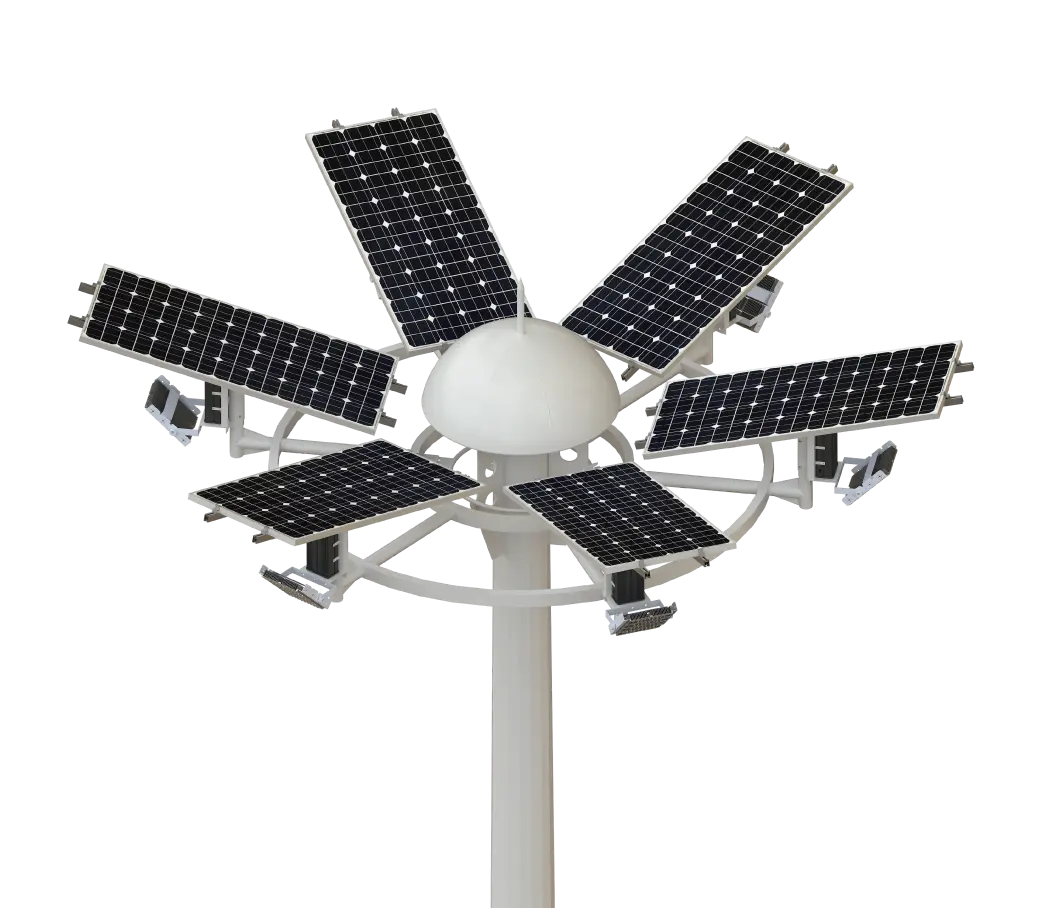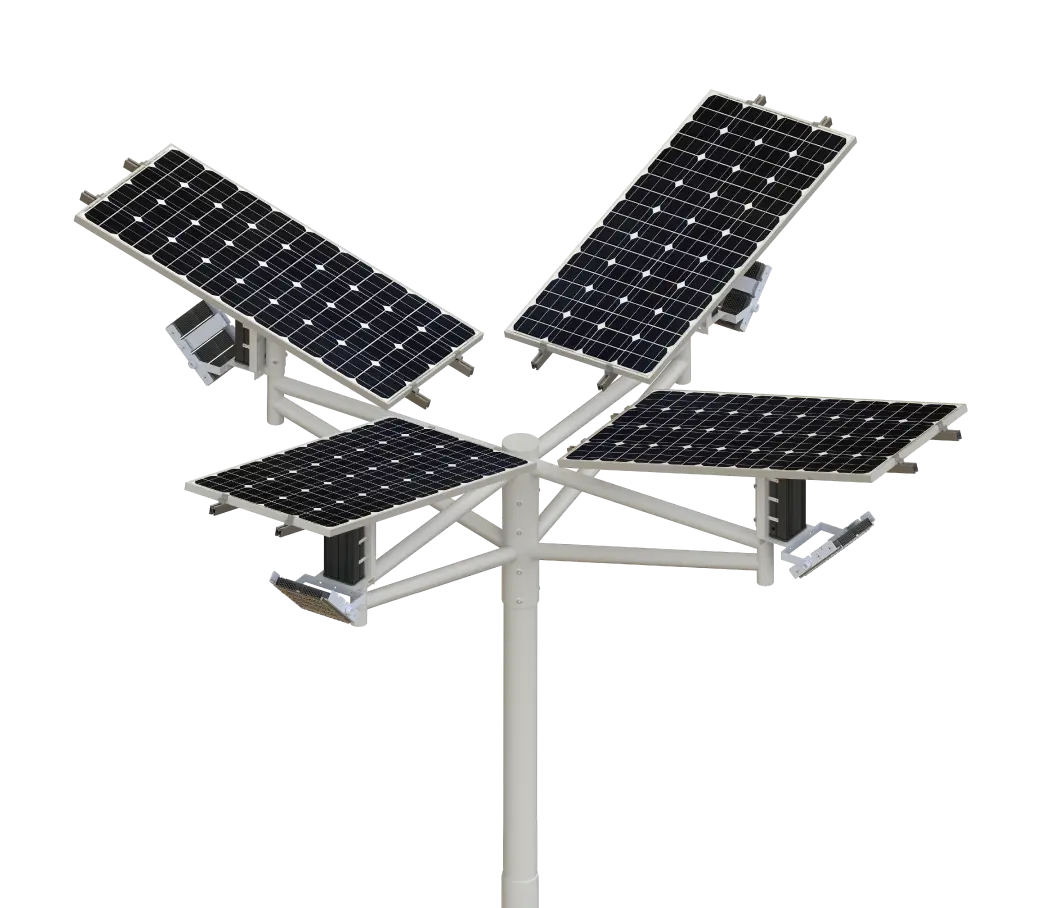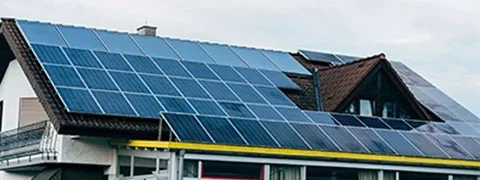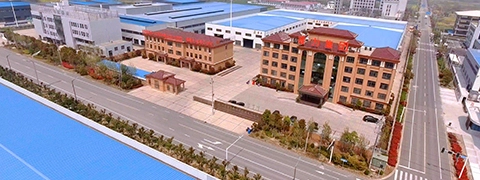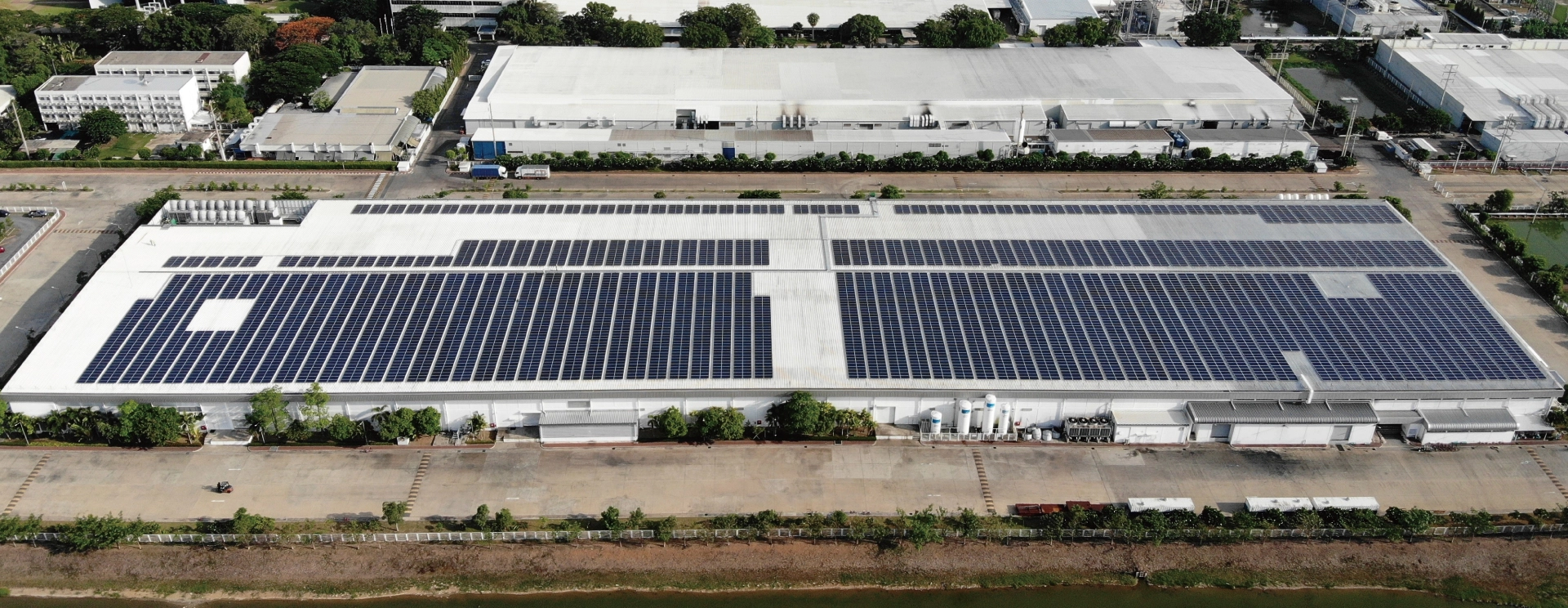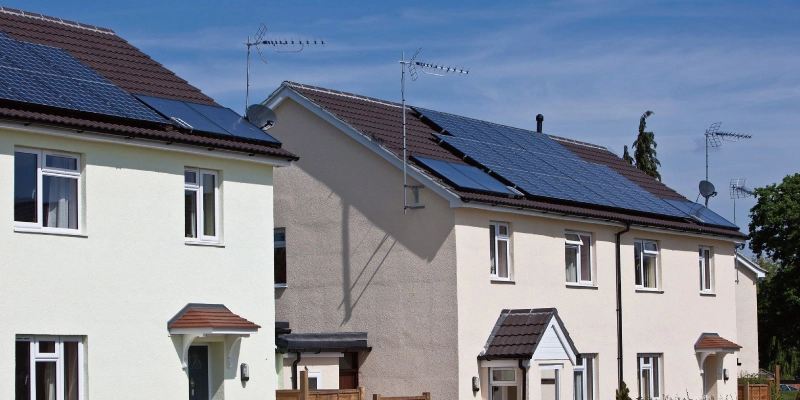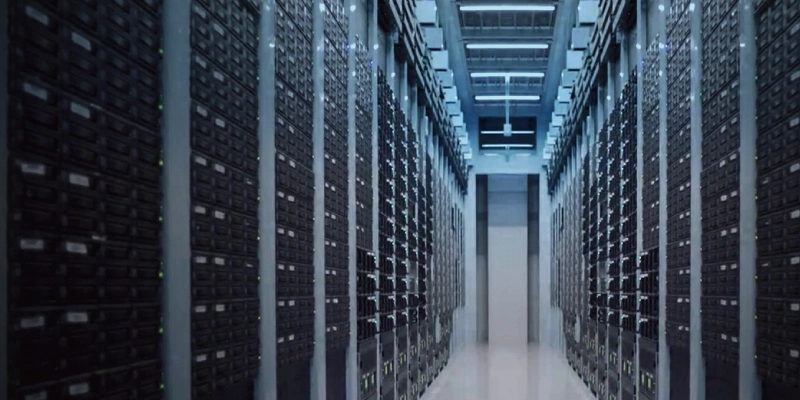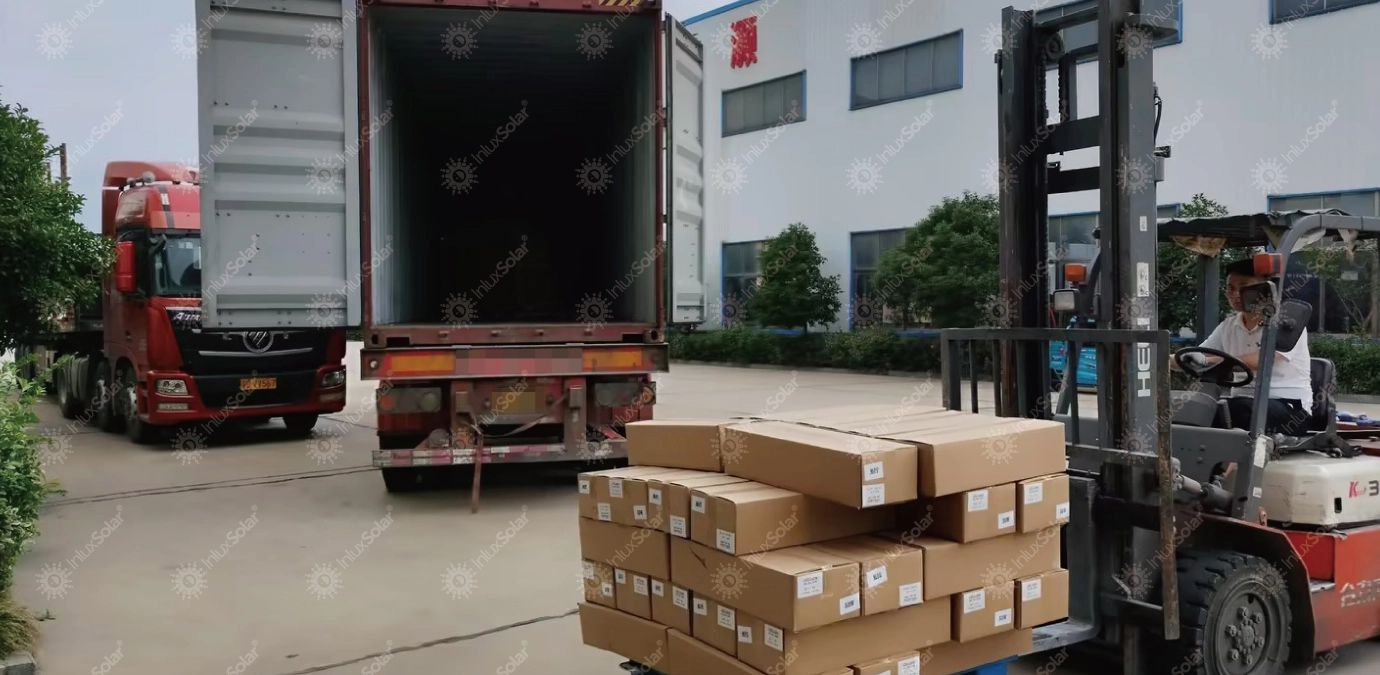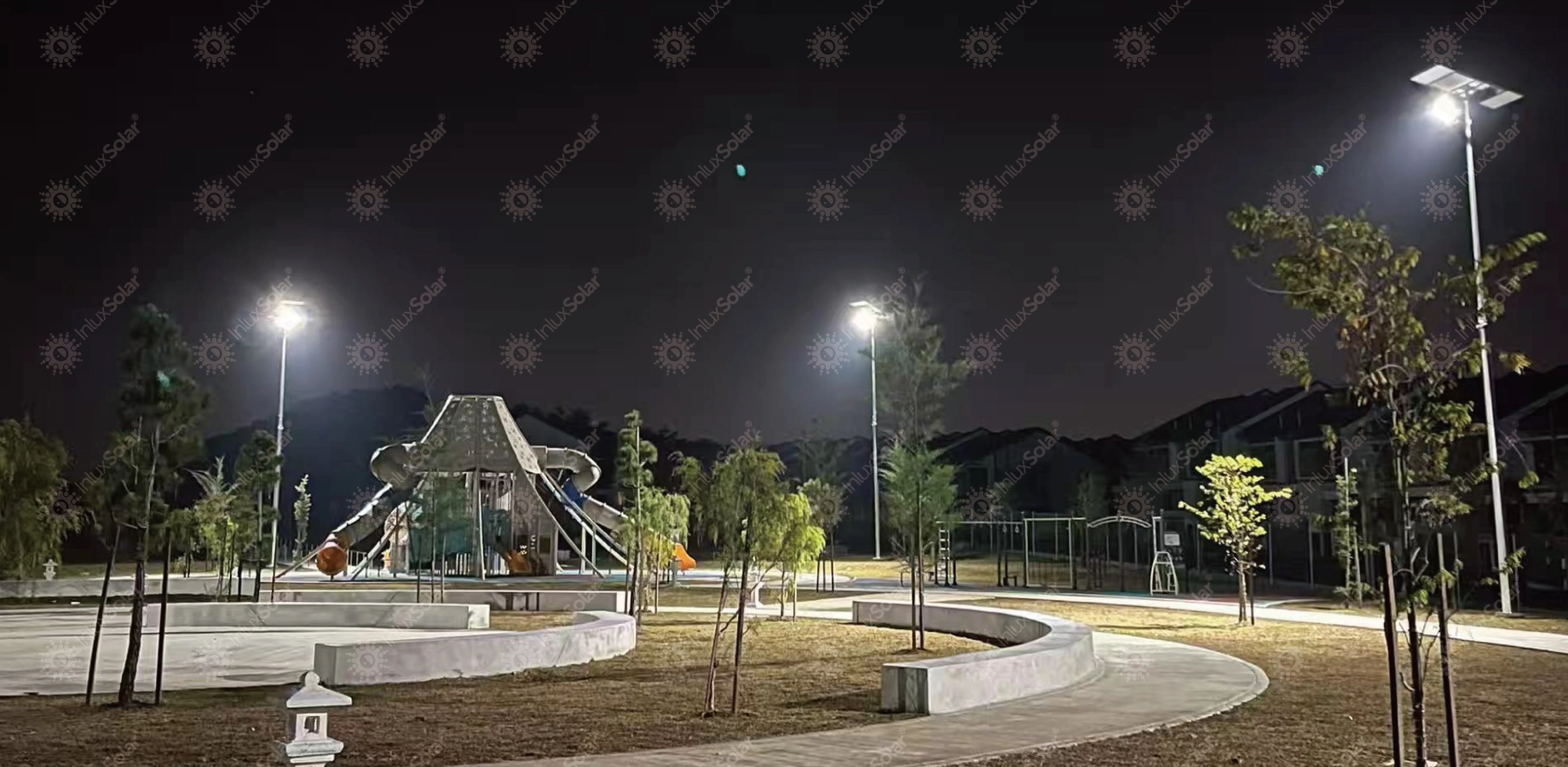Commercial Solar Systems provide businesses with cost-effective and sustainable energy solutions. These systems are designed to meet the higher energy demands of commercial buildings, improve energy efficiency, and reduce reliance on the grid. By harnessing solar power, businesses can lower operating costs, reduce carbon footprint, and demonstrate corporate social responsibility.
Advantages of Commercial Solar Systems
Cost Savings: Commercial solar systems can significantly reduce or even eliminate your business’s electricity bills. This can result in substantial savings over time.
Energy Independence: By generating your own electricity, your business can reduce its dependence on the grid and on volatile energy prices.
Environmental Impact: Solar power is a clean, renewable source of energy that can help your business reduce its carbon footprint and contribute to the fight against climate change.
Incentives and Rebates: Many governments offer incentives and rebates to businesses that install solar power systems, which can help offset the initial installation costs.
Improved Public Image: By going solar, your business can demonstrate its commitment to sustainability and corporate social responsibility, which can enhance its public image and appeal to environmentally conscious customers and employees.
Increased Property Value: Installing a solar power system can increase the value of your commercial property.
Reliable and Low Maintenance: Solar panels are known for their durability and require little to no maintenance once they’re installed. They also come with long-term warranties, providing businesses with a reliable and worry-free source of power.
Fixed Energy Costs: Solar power allows businesses to lock in a fixed energy rate, protecting them from rising energy costs in the future.
High Returns on Investment: Despite the upfront costs, commercial solar systems can provide a high return on investment due to the significant savings on energy bills and the potential for selling excess power back to the grid.
The Different Types Of Commercial Solar Systems Available
There are several types of commercial solar systems available:
1. Roof-mounted systems: These systems are installed on the rooftops of commercial buildings, utilizing available roof space to generate solar energy. They are a popular choice for businesses with suitable rooftops.
2. Ground-mounted systems: Ground-mounted solar systems are installed on the ground, typically in open areas around the commercial property. They offer flexibility in terms of system size and orientation, making them suitable for large-scale installations.
3. Solar carport systems: These systems integrate solar panels into carport structures, providing shade for vehicles while generating clean energy. Solar carports are commonly used in parking lots of commercial buildings.
4. Solar canopy systems: Similar to solar carports, solar canopy systems are designed to provide shade and generate solar energy. They are often installed over outdoor spaces like patios, walkways, or gathering areas.
5. Building-integrated photovoltaics (BIPV): BIPV systems are integrated into the building's architecture, replacing conventional building materials like windows, facades, or roofs with solar panels. They combine aesthetics with solar energy generation.
6. Solar tracking systems: Solar tracking systems use motorized technology to move the solar panels throughout the day, maximizing their exposure to sunlight. This enhances overall energy production but may come at a higher cost.
7. Hybrid solar systems: Hybrid systems combine solar power with other energy sources, such as battery storage or backup generators. This ensures continuous power supply even during periods of low solar generation or grid outages.
The selection of a commercial solar system depends on factors like available space, energy requirements, budget, and specific business needs. Consulting with a solar professional can help determine the most suitable type of system for a commercial property.


 SolutionsInlux Solar Street Lights are designed to provide energy-efficient lighting solutions for a wide range of applications. They are particularly suitable for use in rural areas, highways, city streets, public parks, sidewalks, parking lots, and commercial properties.
SolutionsInlux Solar Street Lights are designed to provide energy-efficient lighting solutions for a wide range of applications. They are particularly suitable for use in rural areas, highways, city streets, public parks, sidewalks, parking lots, and commercial properties. Projects1000+ Projects in 100+ Countries
Projects1000+ Projects in 100+ Countries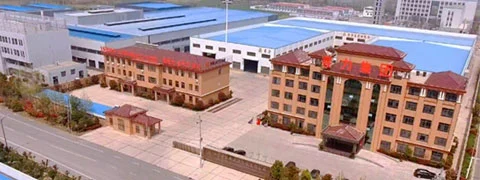 About UsAs a Leading international manufacturing company, INLUX SOLAR develops and manufactures advanced solar outdoor lighting and power system solutions for the worldwide commercial & municipal projects.
About UsAs a Leading international manufacturing company, INLUX SOLAR develops and manufactures advanced solar outdoor lighting and power system solutions for the worldwide commercial & municipal projects. English
English français
français Español
Español
